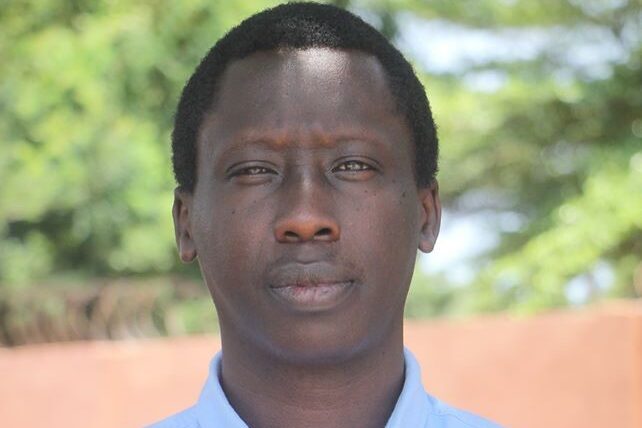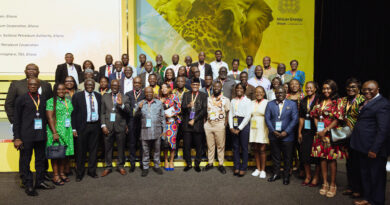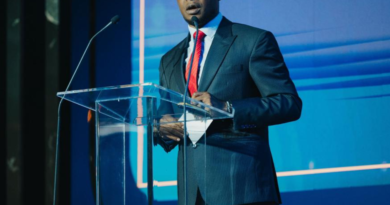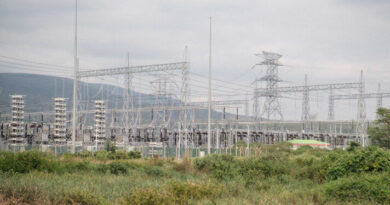Landry Ninteretse: No more delay. Time to pay up is now!

As the Baku climate negotiations enter the final stretch, we are still very far from an agreement. There is no clarity on the climate finance target, the quality of the finance, or how it will be made accessible to developing countries.
The latter, faced with more intense and more devastating climate impacts, went to Baku with great hope that the financing request of $1.3 trillion would be honored. But it seems that the first week of negotiations has been a ping pong game between the rich countries that are major contributors to emissions and do not want to talk about any amount until new contributors, such as China, agree to participate in the common pot.
COP29 is taking place in a challenging geopolitical and economic context marked by a downward trend in global growth, drastic budgetary constraints and cuts in almost all countries, and after the election of a great climate denier as the leader of a major polluting power. However, we cannot afford to witness another hypocrisy show. The time has come to stop asking who should pay, where to find the money, and especially how much, but to realise the scale of the crisis that threatens the entire humanity and to respond to it with the urgency, ambition, and leadership that are required.
For most developing countries, and collateral victims of global warming due to the abusive and increasing use of fossil fuels by the major powers, solutions that require considerable and consequential financing must no longer wait. Hence the frustration of African negotiators who are saddened to see another opportunity slowly turning into a missed opportunity.
Enough of the speeches and vague promises. The time to put hands in their pockets is now or never. At least $1 trillion per year to compensate for these damages and finance a transition to clean energy must be released urgently. This is a request that can no longer wait because it is a matter of life and death for hundreds of millions of Africans.
If the voices of the most impacted are crying out loud in favor of $1.3 trillion per year by 2030, it is because it is a legitimate, just, and urgent demand. This sum represents the recognition that the cost of inaction will far outweigh the investments required to mitigate and adapt to the climate impacts already within our walls.
Landry Ninteretse, 350Africa.org Regional Director
$1.3 trillion per year is not a random number or a vague estimate. This sum is the result of a meticulous, technical assessment that proves that this objective is not only achievable, but also crucial to meet the needs of developing countries.
For more than a decade, debates on climate finance have been dominated by the difficulties of rich countries in honoring their 2009 promise to mobilize $100 billion per year by 2020. Which was done in 2022.
Today, the bill has been multiplied by more than 10 and risks increasing further if polluting countries delay the release of funding, in the form of grants. Rich nations need more than ever to show their leadership and unwavering commitment in these negotiations so important for the future of humanity.
The time is grave and the crucial moment to make the real choice has arrived: either the world leaders succumb to the pressures of the fossil fuel lobby and turn a deaf ear to the demands of the victims of a crisis they did not cause, or they take their courage in both hands and follow the recommendations of scientists who have clearly said what must be done for decades, if we want to solve the climate crisis: drastically reduce emissions while injecting the required amounts into the energy transition.
One thing is clear for Africa: it is morally unacceptable and highly reprehensible that States such as Florida or Belgium have a high rate of solar panels more than an entire continent that is home to more than 40% of the world’s reserves of key minerals for batteries and renewable energy technologies, and whose solar energy potential is 50 times greater than the world’s electricity demand forecast for 2040. The threat is clear. The solutions and resources exist. It is time to implement them, without delay!
news@theenergyreview.com
Discover more from THE ENERGY REVIEW
Subscribe to get the latest posts sent to your email.


